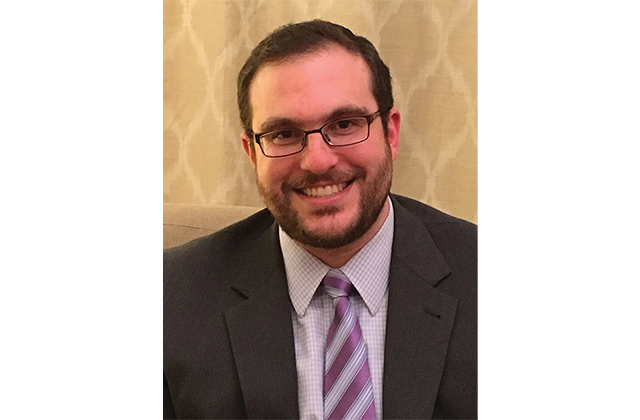By Rabbi Dovid Asher
One of the highlights of the High Holiday prayer book, is the more modern U-Netaneh Tokef liturgy that’s only approximately a thousand plus years old and for many captures the essence of the struggle for complete fealty to the Creator during these Days of Awe.
One poignant line therein is “u’teshuva u’tefillah u’tzedaka ma’avirin es ro’a ha’gezeira,” which means that repentance, prayer, and charity will remove the evil from any decree against us during this annual judgment day.
There are many questions to ask about this spiritual utterance and referenced phenomena, but one query would be why the actionable, non-verbal example delineated is gifting charity, as opposed to let’s proffer perhaps Torah study or Shabbat observance or Shofar blowing?
Why select tzedakah from all the other possible mitzvah behaviors explicated in the Torah?
The source and the inspiration for this part of our liturgy is a piece of Talmud (Tractate Rosh Hashanah 16b) that if a judgment is rendered from the heavens against a person, then they could involve themselves with charity, prayer, a name change, or a change in behavioral routine to try and prove themselves to the Judge of judges that they are a different person than the one liable for contempt.
Still, we might now have to do something very Jewish and answer our previous question with yet another question. We still don’t really know why tzedakah is singled out and now we also don’t know why the gemara here starts with charity unlike our aforementioned high holiday liturgy that ends the list with charity.
A simple explanation would be that tzedakah is helpful to other human beings, and we wish to become the change we wish to see for ourselves and society. However, how does this bring us atonement for this time period ending in Yom Kippur?
Two thousand years ago, Rebbie Akiva was challenged by a Roman nobleman that if your King of kings wants someone to be poor then why are you undoing your G-d’s will. Rebbie Akiva explained that our mandated generosity is for the giver and not just for the receiver.
In other words, we can’t be so callous so as to let the indigent lose their sense of self. It’s about strengthening each other via tangible interconnection and lifting up the sense of self for all.
That’s why a billionaire who loses money and becomes a millionaire is also a worthy recipient according to the Torah’s system of charity because of the psychological well-being that’s at stake. The poor should not be pitied and treated like chaff, but rather boosted and encouraged.
The answer to our queries and to understanding of Rebbie Akiva’s approach is that for the days of awe, we end with charity being the clincher to change our decree because it is an act of G-dliness to sustain another, and we too are needy in the eyes of the Creator as we come every year with the stains and shortcomings upon our own character with great need for mercy and grace.
We say to G-d through action that we are capable of living for more than just ourselves.





